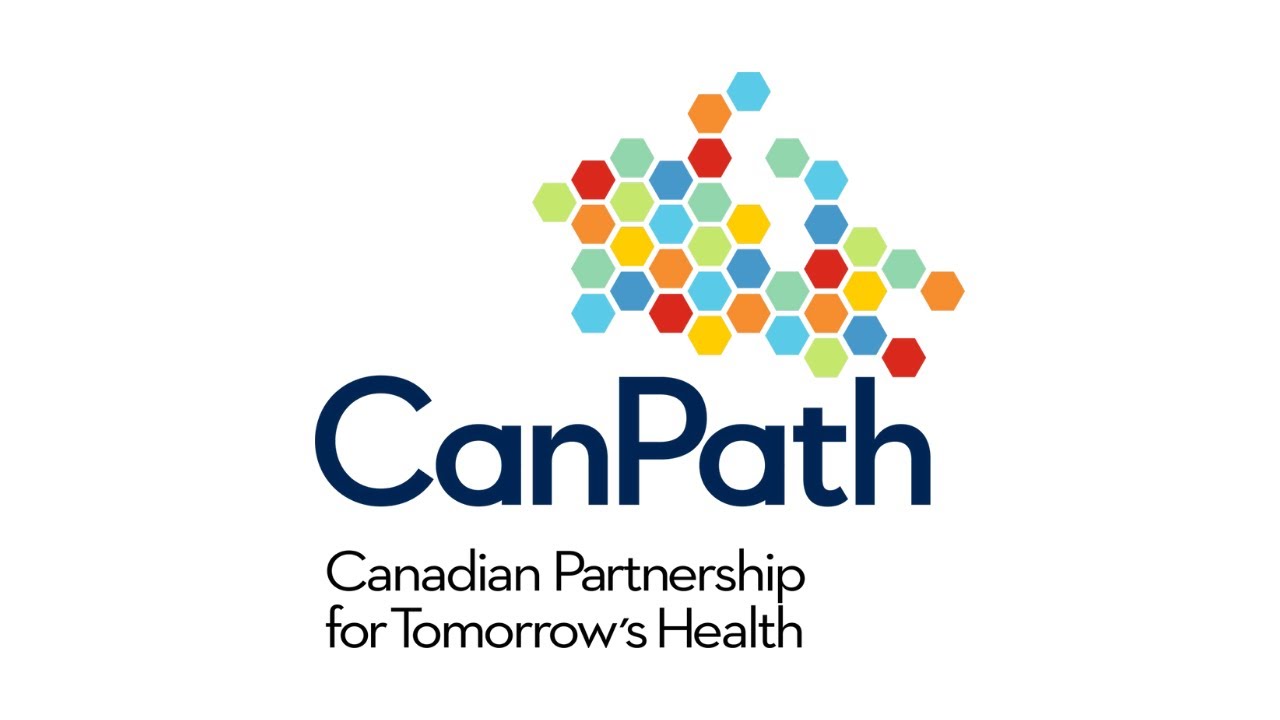The Cancer Prevention Research Cluster brings together several key collaborators from the national and provincial levels. The CPRC includes research investigators and senior executives from these organizations to ensure that our activities are driven by integrated knowledge translation.

Canadian Urban Environmental Health Consortium (CANUE)
The Canadian Urban Environmental Health Consortium (CANUE) is a database of environmental exposure metrics characterizing various aspects of urban form to help conceptualize the associations between urban environments and health. CANUE works to increase scientific understanding of the interactions among the physical features of the urban environment and health, leading to cost-effective actions that promote healthy childhood development and aging, reduce the burden of chronic disease, and minimize the impact of changing environments. CANUE has partnered with some of Canada’s largest cohort and health databases to link health outcomes to environmental metrics.

Canadian Partnership for Tomorrow's Health (CanPath)
CanPath is a prospective pan-Canadian longitudinal population-based cohort study launched in 2008 to support population health research and promote evidence-based health policies by providing genomic, clinical, behavioural, and environmental data from over 330,000 participants. CanPath has seven regional cohorts: The BC Generations Project, Alberta’s Tomorrow Project, Healthy Future Sask, Manitoba Tomorrow Project, Ontario Health Study, CARTaGENE, and Atlantic PATH. CanPath has collected data about health, lifestyle, environment, and behaviour from participants, with subsets of the cohort participants providing additional physical measures, biological samples, and mental health data. All CanPath data is harmonized across the regional cohort members, resulting in a pan-Canadian dataset containing over 3,800 variables available to researchers upon request. The measures and data collected through CanPath support research on disease pathway identification and, consequently, aid in identifying targets for tailored disease prevention.

CAREX (CARcinogen EXposure) Canada
CAREX Canada, the Carcinogen Exposure Surveillance and Epidemiology Initiative, is a research-focused organization that tracks and assesses Canadians' exposure to workplace carcinogens. CAREX Canada collects and analyzes data to identify occupational and environmental sources of exposure to various carcinogens. By providing valuable information on cancer-causing agents, CAREX contributes to the development of evidence-based policies and strategies to minimize occupational and environmental cancer risks in Canada. The work of the CAREX team raises awareness of the need for the implementation of preventive measures to protect the health of individuals in various occupational settings.